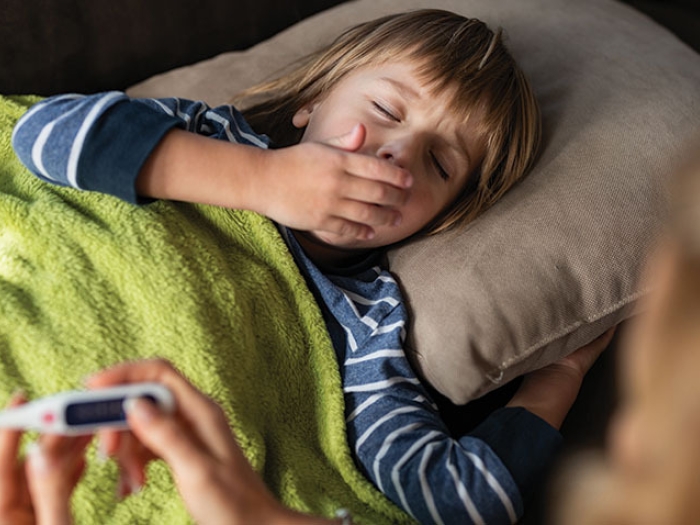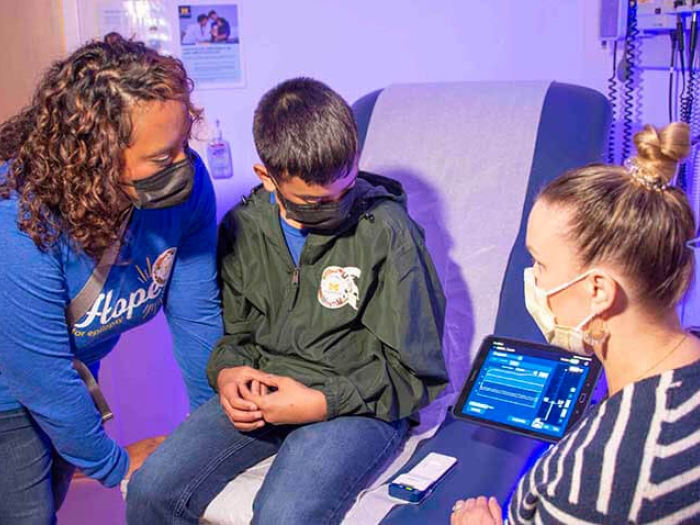Homework requires a child to make an effort, of course. But parents can help set the stage for success by establishing a routine and rewarding good behavior.
5:00 AM
Author |

When it comes to completing homework, the daily task can prompt complaints, procrastination and even arguments from a child.
The best way for parents to avoid this struggle: a proactive approach grounded in routine.
Kids, after all, thrive on predictability. If you define the parameters and do the same things every day, they come to expect the routine. You won't see them testing the limits as much.
I always use the analogy of a soccer game: If a referee doesn't go out and chalk the field, you have a hard time figuring out the boundaries — and everyone spends the whole game arguing.
Children also live in the moment. They don't often think about the long-term effects of homework and how academic success can lead to a better life.
MORE FROM MICHIGAN: Sign up for our weekly newsletter
That's why parents play a crucial role in helping kids develop good homework habits, creating a calm study environment and rewarding a job well done.
Here are some suggestions I give to families:
Set a routine: Structure is important. I recommend setting up homework time to take place in a public area, usually the kitchen or dining room. Be consistent with the time of day when a child does his or her work — and with your expectations. If you define the parameters and foster a sense of predictability, kids are not as inclined to test the boundaries.
Stay close (but don't hover): You want to be in a withdrawn monitoring position. That means you're nearby and able to answer questions, but you aren't going through every step with them. That dynamic prolongs the homework period, creating a conflict between parent and child. Adults get frustrated and end up doing too much of the work.
SEE ALSO: School Night Bedtime Tips Every Parent Should Know
Remove distractions: The notion that listening to music or watching TV helps a person focus has largely been proved untrue. It needs to be quiet. Younger kids should use paper and pencil; they needn't lean on technology to finish assignments. Older children might need screens to do their homework, so you'll want to keep an eye on them.
Offer incentive: Set up a "window of opportunity" — in other words, as soon as the homework is done, you can do something special that's available only during this window. That might be playing outside or doing arts and crafts together, an activity that's one-on-one and special. Get them hooked on these built-in, naturally occurring rewards.
Keep tabs with teachers (and planners): Use that first parent-teacher conference to get a sense of what degree, if any, you need to step things up on homework completion. Starting in about fourth or fifth grade, it's beneficial for your child to start using a daily planner. Otherwise, everyone's in the dark. It's hard to set rules or limits if you don't know what the homework is.

Explore a variety of healthcare news & stories by visiting the Health Lab home page for more articles.

Department of Communication at Michigan Medicine
Want top health & research news weekly? Sign up for Health Lab’s newsletters today!





